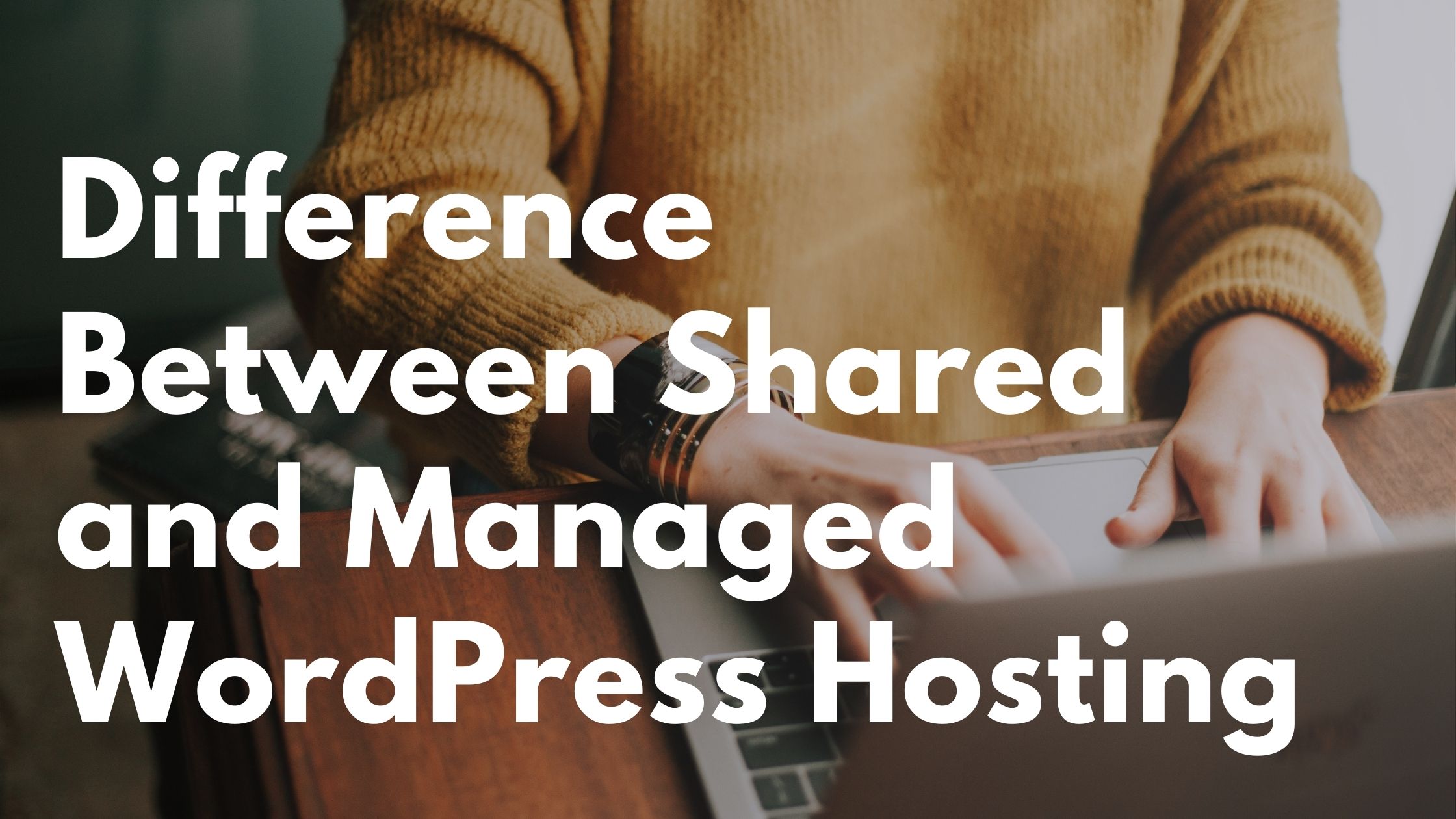
Choosing the right hosting for your WordPress site can be a game-changer. Let’s break down the key differences between shared and managed WordPress hosting in a friendly, easy-to-understand way.
If you’re starting a new website, shared hosting is a budget-friendly option with all the basic features you need. However, managed hosting has extra benefits that might make it worth the higher cost. So, the choice isn’t always easy.
In this post, we’ll look at the pros and cons of shared and managed WordPress hosting. We’ll also help you decide which one is best for you by comparing the two. Let’s get started!
SHARED WORDPRESS HOSTING
What is it?
Shared WordPress hosting means your website shares server resources with other sites. It’s like renting an apartment where you share utilities with neighbors.
If your website is new, Shared WordPress hosting might be a good starting point. It has fewer features than managed hosting but still offers some important benefits:
- Technology is improving, so you get more features like more bandwidth, more server space, and better management options.
- You can build your site and grow your audience and traffic until you’re ready to upgrade.
Pros:
- Budget-Friendly: Shared wordpress hosting is ideal for those just starting out or with a limited budget.
- Ease of Use: Simple setup for beginners.
- Flexibility: Can run various web-based tools besides WordPress.
Cons:
- Limited Resources: Performance can be affected by other sites on the server.
- Basic Support: Less specialized WordPress support.
- Scalability: May need to upgrade as your site grows.
Shared hosting is great for new websites and blogs because it’s cheap. If your site doesn’t need a lot of resources, it will work well for a while. But, remember that you might get less support, backups, and performance compared to more expensive options.
MANAGED WORDPRESS HOSTING
What is it?
Managed WordPress hosting is like hiring a concierge for your website. The hosting provider handles technical tasks such as installing the platform, keeping it updated, and performing backups are usually included as part of your hosting plan, (Optimization, and Security).
Pros:
- Enhanced Performance: Servers optimized specifically for WordPress.
- Dedicated Resources: With managed WordPress hosting, your website has its own resources, unlike shared hosting where you share resources with other sites. This means your site will run smoothly without being slowed down by others.
- Expert Support: Managed WordPress hosting grants access to High-Quality WordPress specialists.
- Scalability: Easily accommodate growing traffic.
- In-Built caching: Your website’s files are saved in a temporary storage area called a cache. This makes your site load faster for visitors. With managed WordPress, you don’t need to install any plugins for caching because it’s already set up on the server.
- Backups on Demand and One-click Restore: Besides the daily automatic backups, you can also request backups anytime you want. This gives you extra control and security to protect your website before making changes or whenever needed. Plus, you can easily restore a backup with just one click, giving you peace of mind.
Cons:
- Higher Cost: More expensive than shared hosting.
- Less Flexibility: Primarily focused on WordPress, limiting other applications.
Which Should You Choose?
It depends on what you need. Many people start with shared hosting because it is quick and cheap. But if you have a bigger website or need more features, managed WordPress hosting might be better.
Shared Hosting is perfect if you’re just starting, have a tight budget, or enjoy a DIY approach to managing your site. It’s great for personal blogs, small businesses, or portfolio sites with modest traffic.
Managed Hosting is ideal for those who prefer not to deal with the technical aspects of website maintenance. It’s worth the extra cost for medium to large business sites, e-commerce platforms, or popular blogs that require reliable performance and robust support.
CONCLUSION
Your choice depends on your specific needs, budget, and technical expertise. Starting with shared hosting is common, but upgrading to managed hosting can provide the extra support and features needed as your site grows.
